Divya C Berry | Psychologist & Counsellor in Central London
I am Divya Berry, an MBPsS and MBACP accredited counsellor, psychologist and gestalt therapist, holding degrees in Health Psychology and Social Psychology at the MA level.
I have five years of clinical practice in New Delhi at private and hospital settings, including a one year clinical residency and training at Vidyasagar Institute of Mental Health & Neurosciences, as well as having recently completed three years of training at the Gestalt Centre in London.
I am currently based in Central London and available for in-person or online consultations.
What Can I Help With?
Anxiety – Angst – Body Image – Communication – Coping – Discord – Decisions – Distress – Fatherhood – Guilt – Life-transitions – Self-exploration – Self-esteem – Stress – Shame – Soul Wounds – Thinking Patterns – Mind/Body Disconnect – Moods – Parenting – Womanhood
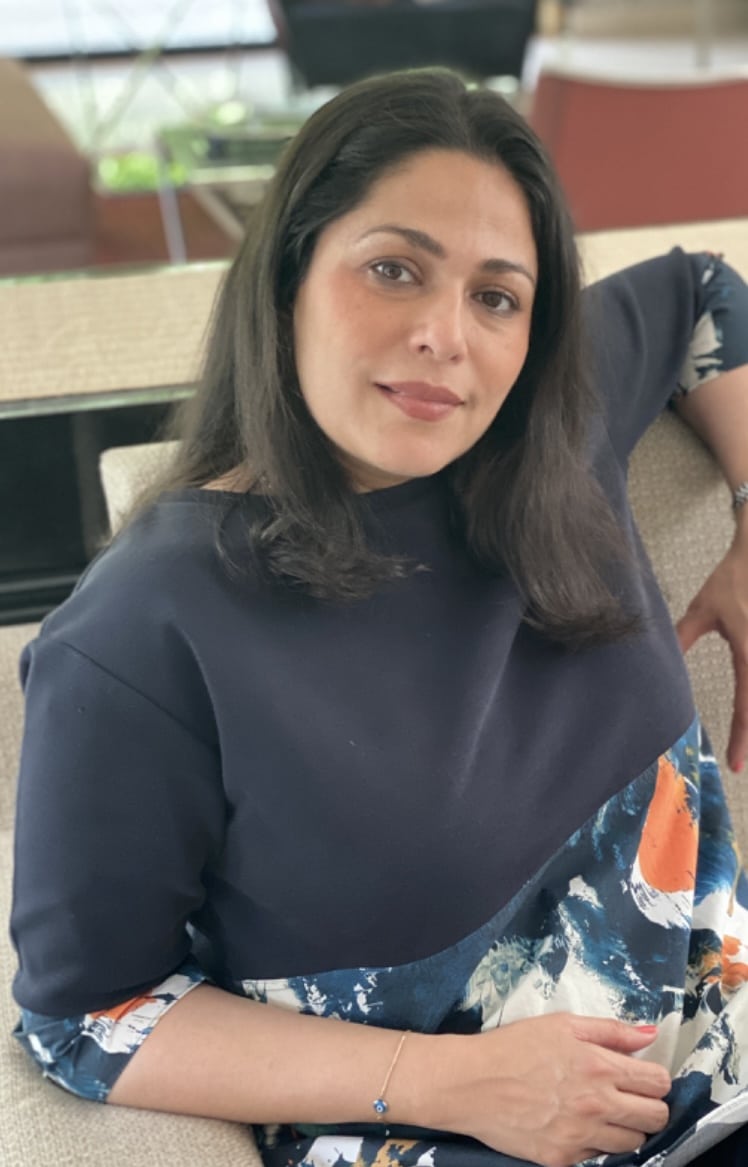
“Someday, somewhere - anywhere, unfailingly, you’ll find yourself, and that, and only that, can be the happiest or bittersweet hour of your life”
Pablo Neruda
My Areas of Focus
Mental Health has not received the space it deserves until recently.
Indeed, human beings have not given each other the space we deserve, internally or externally.
Acknowledging that mental health is a vital part of health, that it needs attention and care,
that tending to it and healing from within makes a difference, is all a part of the awakening.
Mental Health drives the physical, and has the power to inform and transform well-being.
Come on a journey of discovering how healthy your mind is,
and get help dealing with the parts that feel difficult and intense.
Gestalt, in its Germanic roots, loosely means ‘whole’. It is a therapy of the whole person, the whole field of experiences and patterns of that person, and of the possibilities needed to make that person feel complete.
Gestalt Therapy is a fundamentally Humanistic and Existential Therapy, though it evolved from the Psychodynamic world. There is a belief in the inherent capacity of human beings to move towards their own ‘health’ and self-fulfillment, and that the capacities for growth lies within them.
Gestalt employs imagery, experimentation, and many other creative techniques to make the therapy room a place of quiet and curious exploration. Most of all, it is a space for unconditional listening, empathic support, and confidential unleashing of your innermost feelings.
The aim of this therapy is not to make the person feel better, as that is considered temporary, but to bring about awareness of the person’s part in their journey and interactions with others in their environment, so that one can take personal responsibility for the choices as opposed to waiting to bring about change in others. Great value is placed on the person’s relationship with their environment, and on the energy that is spent on maintaining this; Value is also attributed to the cycle of experiences we embark on, sometimes achieving satisfaction and at other times, being left with ‘unfinished business’. Gestalt Therapy aims to bring your awareness to those stuck parts of you and mobile your own energy for better engagement with your environment, and ultimately with yourself.
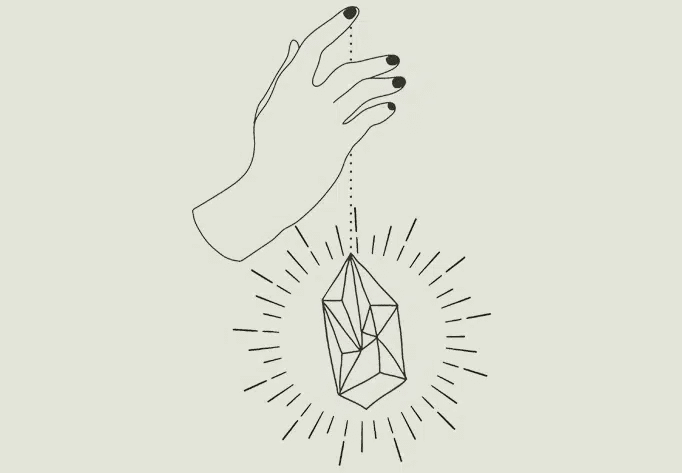
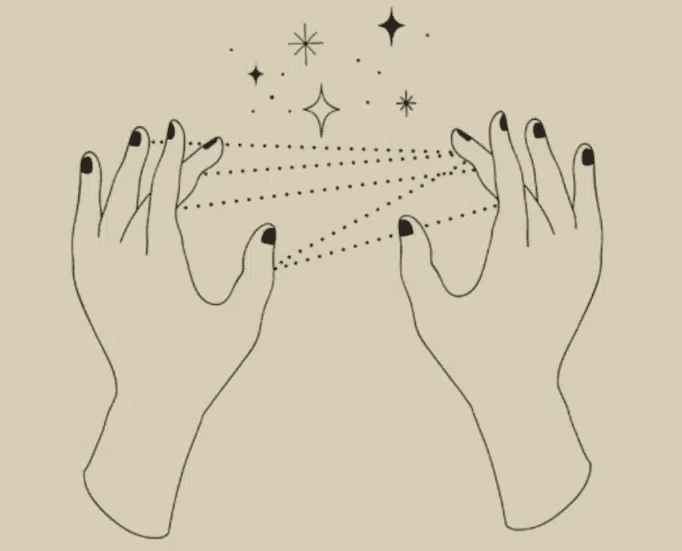
Social Psychology
It is understood widely that, a person’s thoughts and feelings, and thereafter, their chosen or involuntary behaviours, are influenced by the real or imagined presence of others and their social environment. It enables working with the idea of motivation, what drives people and what does not move them at all.
Learning is relational, and so are habit-forming patterns, which invariably involves the interaction with others in the cultural and social environment. Understanding the patterns and triggers allows for the first steps towards change, which will be personal; the sustainability of that change will involve the inter-personal.
Positive Psychology
Positive Psychology is a science of its own, and focuses on the study of the ‘good life’ and of the strengths of individuals and communities; indeed, it is about the human experience that makes them thrive and life worth living. This involves aspects of coaching, leadership capacity building, mentoring, all of which come into play during the counseling experience.
Usually known as the science of ‘happiness’, it encompasses what it takes for human beings to function optimally and to flourish, hence it focuses much more on people’s potential as opposed to their shortcomings.
The body has all the hidden clues that we do not pay enough attention to. It clearly plays a dynamic and interactional role on the mind, and how/ if/whether we experience well-being or not, and vice versa. So, the study and awareness of how body systems influence us is vital. Knowing more about neuroscience, brain plasticity, and neurotransmitters can allow a person to work on becoming aware of the possible synaptic connections and deeply embedded thinking patterns that they have come to live with, which in turn may result in emotional eating, aggressive behavior, or depressive moods.
One way into this is breathing – the simple exercise of knowing how to breathe deeply to activate the parasympathetic nervous system, as opposed to the sympathetic which activates the ‘flight or fight’ response also known as the “Stress Response”. Which will you choose? Can you choose? The answer is ‘yes’ to the latter and ‘its upto you’ to the former. The mind has to be made aware and retrained to choose healthier ways of being. It is possible, and body-mind therapy is key.
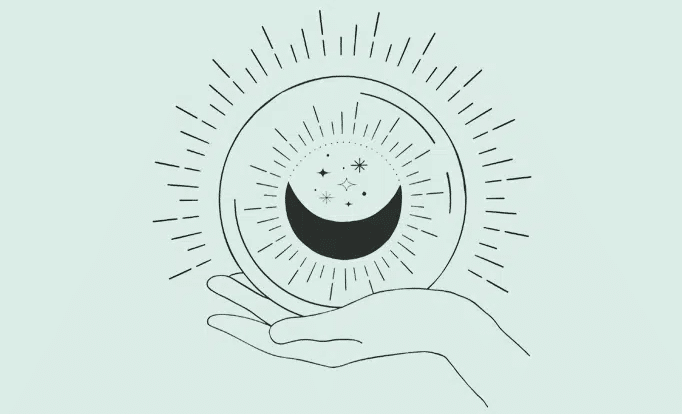
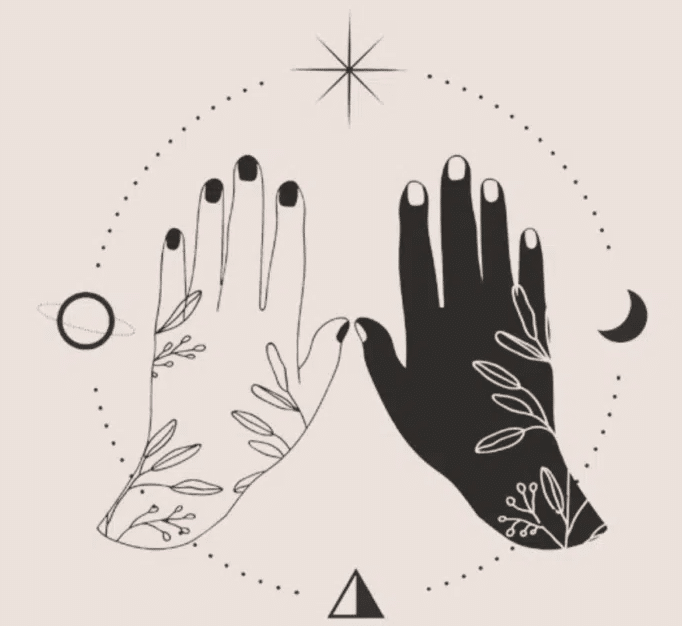
We Are A Biome
We are the result of our internal and external worlds. We are both shaped and influenced by these, and they continue to work inward out and outward in. The BioPsychoSocial Model is understood as one that integrates the role of our biology and genes with our society, culture, and environment – biological, psychological, and social factors interlink together to either promote good health or disease.
Physical health is not separated from Mental health, and so the role of the person’s attitudes, beliefs, and support system is considered vital in their healing and well-being.
The exploration of the unconscious mind has remained at the heart of psychology and therapy. The ‘unconscious’ is that which is out of the realm of our awareness but exists, and comes alive in moments of sleep, deep rest, calm, hypnosis, and with our confidants (if we are lucky); it is lifelong exploration, it also spans the lifetime, which means much of it belongs in our childhood and upbringing.
We all have trauma; the idea is to know them, the forgotten and hidden ones, to name and acknowledge the ones that we can. Not every trauma can be processed, but it is important to locate them, to not hide them with shame or wish them away with pretend defenses. Defense Mechanisms are ways of coping devised by us in order to cope with situations that demand more than their internal capacity to give. Taboo is the “do’s & don’t’s” we grow up with or rather that we have not grown out of; we may carry them like an armour or be bound by them like shackles. Both trauma and taboo needs processing, and a safe holding place to do so without judgment and with compassion.
Useful Definitions
Psychology is a study of the mind, from the Greek word psyche meaning ‘mind’ and logos meaning ‘the study of’. Psychologists study the mind and its myriad aspects to make better sense of the person and their behavior. Behaviour is a result of the person’s thoughts and feelings; thoughts begin in the mind while feelings are a result of the affective state. Affective state is another way to refer to mood, it comes from the Latin word ‘affectus’ meaning to act upon and influence. The Psychologist is someone with a deep interest in studying the mind and researching its various aspects and interactions.
Psychotherapy is a form of talking therapy for the treatment of the person through psychological methods as opposed to physical. It is used to treat emotional problems and mental health issues. The Psychotherapist is someone who has undergone intense therapy of their own self and spent many years studying the mind and various schools of therapy, with long experience of working with many clients.
Psychiatry belongs squarely in the realm of the medical model and the practitioner holds an MD with a specialization in the study of the mind, with a focus on the diagnosis, treatment, and prevention of mental-health disorders and the ability to prescribe medications. The Psychiatrist is likely to work more intensely with the disease, while the Psychologist/Psychotherapist/ Counsellor is likely to work more deeply with the person.
Counselling is a talking therapy, with a focus on providing supportive care, facilitation, and exploration of the mind and the issues therein to provide relief to the person. It can be short term or long term with the aim to enhance well-being and bring about effective change. The Counsellor is someone who has undergone a course of training and personal therapy, in order to better be able to deliver this ahead.
